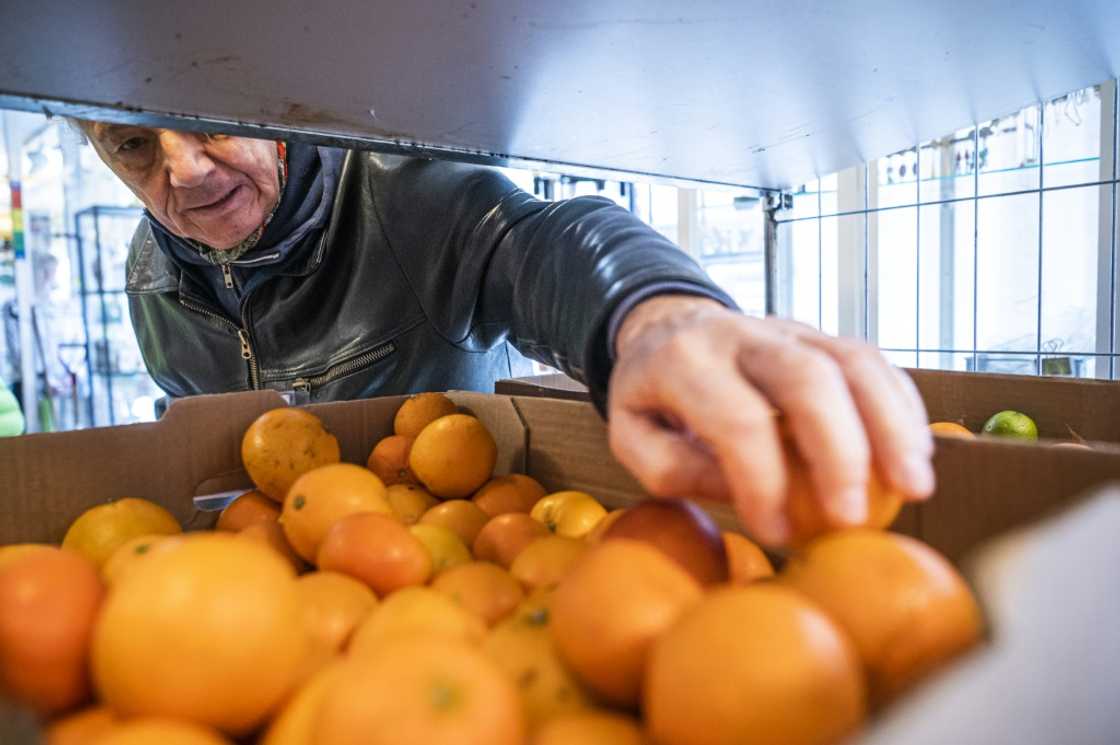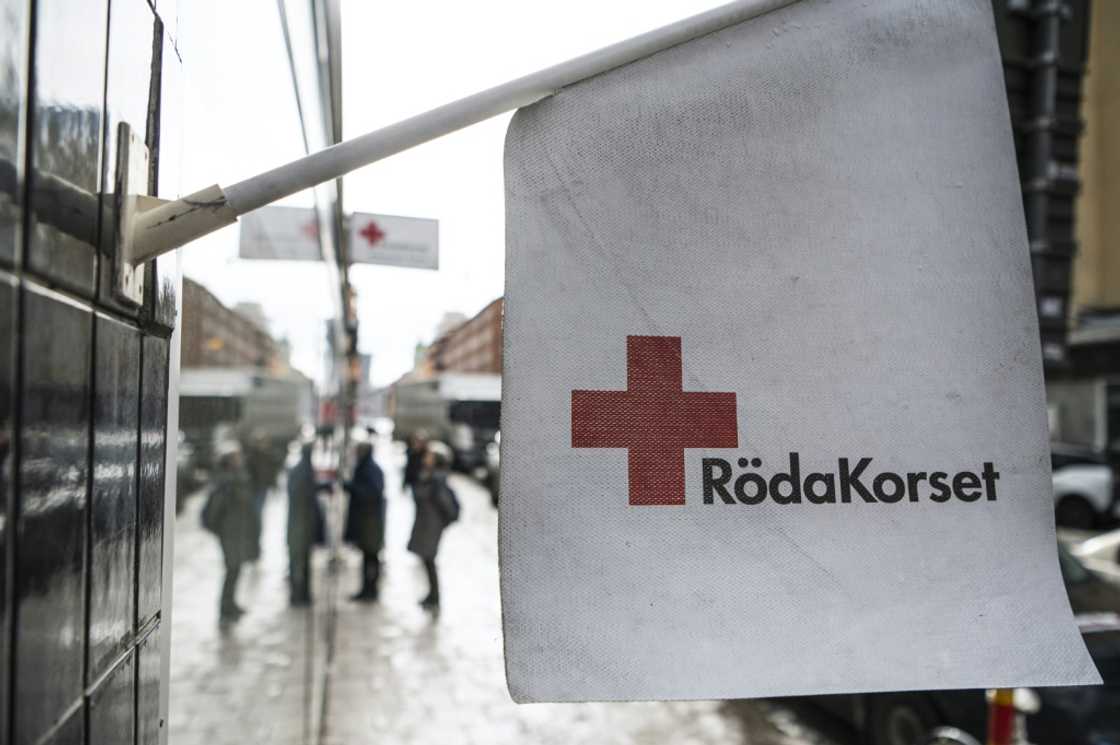Sweden rediscovers poverty as inflation soars

Source: AFP
PAY ATTENTION: Enjoy reading our stories? Join YEN.com.gh's Telegram channel for more!
It's not yet 6 am and dozens of homeless people are already queuing outside Stockholm's central station for breakfast, their numbers bigger than ever, charities say.
Hit by the highest inflation in more than 30 years and poised for recession, Sweden's visible signs of poverty are mounting amid rising inequality.
"So many people are coming here to breakfast," said Kavian Ferdowsi who runs a charity helping the homeless.
"In the 13 years that I've run this, we've never had so many people," he told AFP as his colleagues served up cinnamon buns and coffee.
Sweden has been hit hard by the effects of the war in Ukraine. Its currency, the krona, is weaker than it has ever been against the euro, and aggressive interest rate hikes have left many households with hefty mortgages payments.
Long stable and prosperous, Sweden's economy is now one of the worst performers in Europe.
PAY ATTENTION: Click “See First” under the “Following” tab to see YEN.com.gh News on your News Feed!
After a spike in electricity prices at the start of the winter, food prices are now Swedes' main concern, up 20 percent from a year ago.
Inflation has hovered stubbornly around 12 percent since November, according to official statistics on Wednesday.
"The first wave of inflation was just energy prices and some import prices. But now it has spread to the entire economy," said Annika Alexius, a Stockholm University economist.
Making ends meet

Source: AFP
Low-income households that were already struggling to make ends meet are most affected, but even the country's middle class -- who due to years of low interest rates are now among the most indebted in Europe -- are finding it difficult to cope with skyrocketing mortgage payments.
A shop run by the Red Cross in the capital sells leftover supermarket items at cut-rate prices.
Marianne Orberg, a 73-year-old former lawyer, has picked up a few radishes and bread rolls on her twice-weekly shop there.
While the pensioner insisted that she's not among those worst off, she is mindful not to strain her savings.
"People have changed their eating habits. You eat different kinds of food nowadays, to make ends meet," Orberg said.
Red Cross officials say new groups of people now need help.
"Previously we mostly saw people living on the true margins of society," the secretary general of the Swedish Red Cross, Martin Arnlov, told AFP.
"Now that has changed. It's also families with children, elderly people, people who are on sick leave, all are struggling."
Headed for recession

Source: AFP
Almost one in eight low-income single-parent households say they struggle to feed their children and have gone hungry, according to the organisation.
Sweden has long been one of the world's most egalitarian countries known for its generous cradle-to-grave welfare state.
But its wealth gap has widened significantly in 30 years, following decades of reforms to tighten public finances that have made it one of the most robust economies in Europe, but have left large swathes of Swedes worse off.
Data from Statistics Sweden show that almost 15 percent of Swedes are at risk of poverty, defined as those with less than 60 percent of the median income of 33,200 kronor ($3,140) a month.
Humanitarian organisations this week called on the government to raise social benefits to help those most in need and urged schools to offer breakfast so children don't start the day hungry.
Finance Minister Elisabeth Svantesson said she would summon the three biggest grocery store chains to stress that the government will not tolerate any "unnecessary" price hikes.
According to the European Commission's most recent forecast, Sweden is expected to be the only EU country to enter into recession in 2023.

Source: AFP
But economist Annika Alexius predicts that the Scandinavian country may just be the tip of the iceberg.
"Let's say that we are a bit earlier than other European countries in this recession," she said.
"We are a bit like the United States in that inflation came early... Other European countries are also going to face a worsening situation."
New feature: Сheck out news that is picked for YOU ➡️ click on “Recommended for you” and enjoy!
Source: AFP





